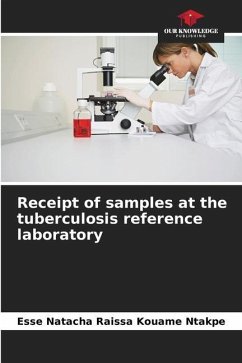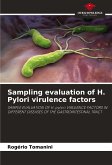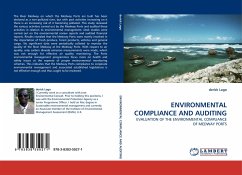The pre-analytical phase is an important step in the analytical process, starting with the prescription of the examinations by the clinician and ending with the beginning of the analysis. This phase, which represents 57% of the time used, is at the origin of 85% of the errors and malfunctions that affect the analytical results. The general objective of this study is to improve the pre-analytical phase of the bacteriological diagnosis of Mycobacteriosis at the tuberculosis reference laboratory by analyzing the management of the reception of samples in order to propose corrective actions. We conducted a qualitative descriptive study. The audit of the 1177 tuberculosis samples received at the URAP during a period of 6 months allowed us to highlight the different non-conformities. We based our analysis on the reception register, the observations made at reception and the Ishikawa diagram. The non-conformities were essentially related to the analysis bulletin (25%), the sample (42%) and the method (33%).
Bitte wählen Sie Ihr Anliegen aus.
Rechnungen
Retourenschein anfordern
Bestellstatus
Storno








